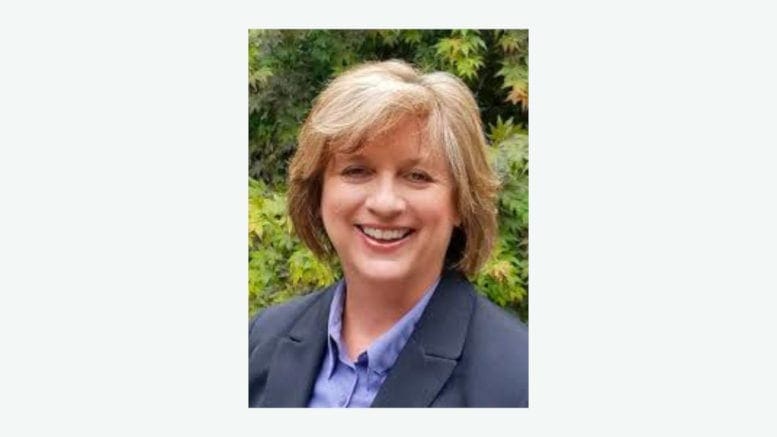by Melanie Dallas, LPC
Every year during the month of March we recognize National Developmental Disabilities Awareness Month, and I have taken the opportunity to raise awareness of disabilities and the people in our communities who live with these conditions.
In past articles I’ve written about the critical importance of the COMP (Comprehensive Supports Waiver) and NOW (New Options Waiver) Medicaid waivers that support individuals with intellectual and developmental disabilities (IDDs) living in their community, advocated for employment opportunities for individuals with IDDs, and provided an overview of the many IDD services Highland Rivers Behavioral Health provides.
But the IDD services we provide – our four IDD Day programs (in Cobb, Haralson, Polk and Whitfield counties), supported employment for individuals with IDDs, family support, and even providing services in the community funded through the COMP and NOW waivers – could not be done without a dedicated staff of IDD professionals. So this year, I want to recognize the approximately 60 Highland Rivers staff that work directly with the nearly 450 individuals with IDDs our agency serves.
Highland Rivers’ IDD services are many and varied and include prevocational and supported employment (job coaching and assisted job search); social and community involvement (volunteer opportunities and Special Olympics); education and learning (computer training, art, nutrition); and recreational activities (movie and game nights, participation in community events).
Highland Rivers also provides a variety of residential options for individuals with IDDs, depending on their level of functional independence, family circumstances and living preferences. We work with dozens of local households who have opened their homes to individuals with IDDs as host homes, and we operate or contract with group homes for individuals with disabilities, including those who are medically fragile.
Although we obviously partner with other IDD service providers to coordinate care, the services provided in our facilities are all delivered by Highland Rivers’ staff, and often those staff are DSP, or direct support professionals.
The US Department of Labor describes the role of a DSP as “going beyond caregiving” and focusing more broadly on supporting people with disabilities to participate fully in their communities, live in integrated settings and seek employment. DSPs “may serve as job development staff to assist in finding and/or customizing jobs or as job coaches who provide direct employee assistance on the job. They also provide other services, such as help with activities of daily living.” Highland Rivers’ DSP do all of those things, and more.
Other IDD staff work at transition fairs to help individuals transitioning out of school or into independent living, coordinate with families on family support services, and work with individuals and home providers on housing options.
Brenda Albertson, who began as a DSP with Highland Rivers more than 20 years ago and was named director of IDD services in 2022, says that while the job – and the field – can be challenging, it is also the most rewarding work you’ll ever do.
“This is the only job I’ve had where if you’re out for a day, the individuals really miss you, they are concerned, and they always ask if you’re ok when you come back – even if you just took a day off,” Brenda says. “It is more than just a job – it is a passion, and you have to have a heart for it. But I always have and it has become my life’s work.” Brenda was also Highland Rivers’ IDD Employee of the Year for 2023.
I want to take this opportunity to thank all of Highland Rivers’ IDD staff – for your commitment to this important work, for making a difference, and for helping to ensure individuals with IDDs are living their best lives. You improve people’s lives, and there is no higher calling than that.
Melanie Dallas is a licensed professional counselor and CEO of Highland Rivers Behavioral Health, which provides treatment and recovery services for individuals with mental illness, substance use disorders, and intellectual and developmental disabilities in a 13-county region of northwest Georgia that includes Bartow, Cherokee, Cobb, Floyd, Fannin, Gilmer, Gordon, Haralson, Murray, Paulding, Pickens, Polk and Whitfield counties.
